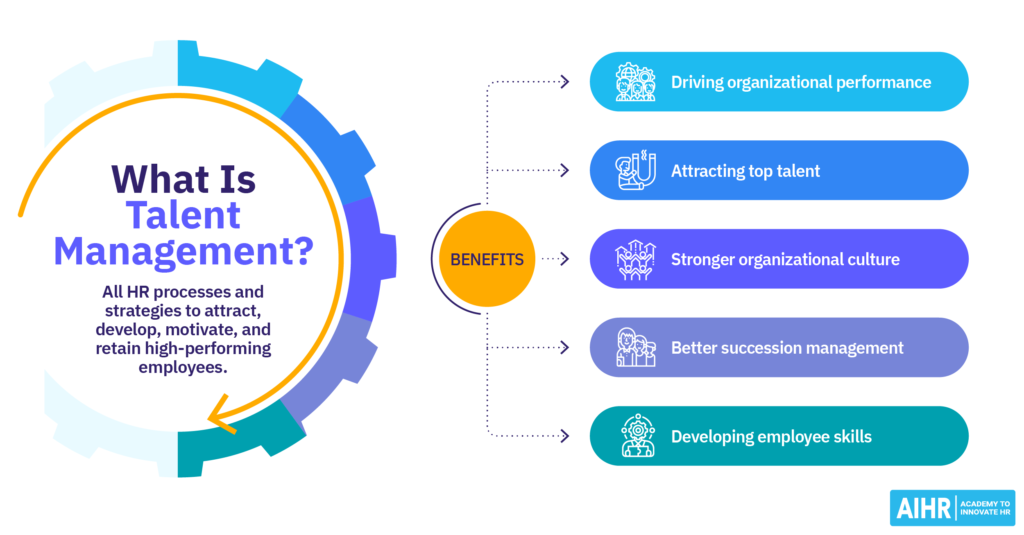Corporate health insurance is one of the most significant perks as it provides employees with financial security and access to healthcare. For employers, offering a robust health insurance policy is more than just a compliance measure; it’s a strategic investment in the workforces well-being. This article takes a detailed look into corporate health policies, offering insights on their importance, essential features, compliance aspects, and tips for selecting the right policy.
What is Corporate Health Insurance?
Corporate health insurance, often referred to as group healthcare insurance, is a policy that employers provide to their employees as part of the benefits package. These policies typically cover medical expenses, including hospitalisation, treatment, and in some cases, preventive care. Unlike individual policies, corporate health policies are designed to cater to a group of people under a single umbrella, offering uniform benefits to all members.
Why Corporate Health Policy is Essential for Employers
1. Employee Retention and Satisfaction
Employees view health insurance as a significant benefit, and having a comprehensive policy can improve job satisfaction and loyalty. It demonstrates that the organisation values their health and well-being.
2. Enhanced Productivity
A healthy workforce is a productive workforce. Corporate healthcare insurance enables employees to seek timely medical care without worrying about financial strain, reducing absenteeism due to untreated health issues.
3. Cost Savings for the Organisation
Group health insurance policies often come with lower premiums than individual plans. Additionally, organisations may receive tax benefits for offering such policies.
4. Legal Compliance
In some countries, providing healthcare insurance is a legal requirement for businesses of a certain size. Non-compliance can lead to penalties and legal complications.
Features of an Ideal Corporate Health Policy
1. Comprehensive Coverage
A good policy should cover a wide range of medical expenses, including:
- Hospitalisation
- Pre- and post-hospitalisation costs
- Daycare procedures
- Maternity and newborn care
- Coverage for critical illnesses
2. Customisable Options
Different organisations have different needs. A flexible policy that allows employers to add or remove benefits ensures the plan aligns with the company’s budget and employee expectations.
3. Coverage for Dependents
Many employees prioritise policies that also cover their immediate family members. Providing this benefit can significantly enhance employee satisfaction.
4. Cashless Treatment Facility
A cashless treatment option at a wide network of hospitals is a major advantage, as it simplifies the claims process and reduces out-of-pocket expenses for employees.
5. Wellness Programmes
Some policies include wellness programmes, such as annual health check-ups, mental health support, and fitness benefits, which promote overall employee well-being.
Key Considerations for Employers
When selecting a corporate health insurance policy, employers should keep the following factors in mind:
-
Assess Employee Needs
Understanding the demographic and health requirements of the workforce is crucial. For example, younger employees might prefer wellness benefits, while older employees might prioritise hospitalisation coverage.
-
Budget Constraints
Employers should find a balance between offering comprehensive coverage and staying within budget. Opting for policies with essential features and optional add-ons can help achieve this.
-
Claim Settlement Process
A smooth and hassle-free claim settlement process ensures employees receive timely assistance during medical emergencies. Employers should evaluate the insurer’s claim settlement ratio and feedback from other organisations.
-
Network Hospitals
The policy should include a wide network of hospitals, particularly those located near the organisation’s premises or employees’ residences.
-
Renewal Terms and Conditions
Employers should understand the policy’s renewal terms, including premium hikes, coverage continuation for employees who leave the organisation, and options for policy portability.
Read also: Advantages and Disadvantages of Corporate Health Insurance plan
Compliance and Legal Considerations
1. Adhering to Local Laws
Employers must ensure the corporate health insurance policy complies with local regulations. In some regions, coverage for certain illnesses or family members is mandatory.
2. Data Privacy
As healthcare insurance involves sensitive employee data, employers must prioritise data protection and ensure compliance with privacy laws.
3. Communication and Transparency
Clear communication about the policy’s features, limitations, and claims process is vital. Employers should provide employees with easy access to policy details and dedicated support.
The Evolving Landscape of Corporate Insurance
The corporate healthcare insurance sector is evolving with rising healthcare costs and increased awareness of employee well-being. Employers increasingly opt for policies offering digital tools, such as mobile apps for claim tracking, telemedicine consultations, and mental health support.
Final Thoughts
Choosing the right corporate health insurance policy requires a thoughtful approach, balancing employee needs and organisational goals. By understanding the nuances of these policies, employers can make informed decisions that enhance employee satisfaction and foster a healthier, more productive workforce.
If you’re looking for a reliable group health insurance solution, Niva Bupa Group Health Insurance offers comprehensive plans designed to meet diverse organisational needs. Their policies provide extensive coverage options, ensuring your employees receive the care they deserve while staying protected from financial burdens. Explore their offerings today to create a healthier and happier workplace!




